Grossi’s visit to Israel out of phase with IAEA impartiality, professionalism: Iran FM
Iran says the visit by the International Atomic Energy Agency (IAEA)’s chief Rafael Grossi to Israel ahead of the Monday meeting of the Board of Governors is in contradiction with the agency’s principles of observing impartiality and maintaining its technical and professional status.
Foreign Minister Hossein Amir-Abdollahian made the remarks in a phone call with the European Union’s foreign policy chief Josep Borrell on Friday while pointing to the “destructive” measures of the Zionist regime, which is the “main culprit of illegal nuclear activities in the world.”
Grossi is on a trip to Tel Aviv and has met the regime’s hawkish Prime Minister Naftali Bennett.
The Monday meeting will come as a pause in the marathon negotiations to revive the 2015 Iran deal has entered its third month, with prospects described by Washington as “tenuous at best.” Tehran blames the US and its three European allies – France, Britain, and Germany – for failing to act constructively.
The high-profile visit by Grossi is against the backdrop of the latest report by the IAEA on Iran’s nuclear program amid the stalemate in Vienna talks between Tehran and the P4+1 group of countries to salvage the Joint Comprehensive Plan of Action (JCPOA).
Iran has on many previous occasions cautioned the UN nuclear agency against allowing the Israeli regime to influence its independent mandate and decision-making.
In a statement issued on Friday, Israel told the UN nuclear watchdog it would prefer diplomacy to end the stalemate on Iran’s nuclear program. However, the statement said Israel reserves the right to self-defense and could take independent action if the international community fails to stop Iran's nuclear program within "the relevant time frame."
According to the statement, the Israeli prime minister "stressed (to Grossi) the importance of the IAEA Board of Governors delivering a clear and unequivocal message to Iran in its upcoming decision."
Grossi said on Twitter that he had met Bennett in Tel Aviv at his invitation and held "important exchanges on topical issues."
At 🇮🇱 #Israel’s invitation, I met Prime Minister @naftalibennett in Tel Aviv this morning. Important exchanges on topical issues. I stressed the importance of @IAEAorg safeguards and the Treaty on the Non-Proliferation of Nuclear Weapons (NPT) for global peace and security. pic.twitter.com/IVYgLIh9Uv
— Rafael MarianoGrossi (@rafaelmgrossi) June 3, 2022
"I stressed (to Bennett) the importance of @IAEAorg safeguards and the Treaty on the Non-Proliferation of Nuclear Weapons (NPT) for global peace and security," Grossi tweeted.
Israel, which pursues a policy of deliberate ambiguity about its nuclear weapons, is estimated to have 200 to 400 nuclear warheads in its arsenal. The occupying entity has refused to allow inspections of its military nuclear facilities or sign the NPT.
Unlike Israel, Iran is an NPT signatory and has consistently maintained that its nuclear program is exclusively civilian and subject to the most intensive UN supervision on earth.
‘Iran to respond immediately to any hostile move at IAEA meeting’
Amir-Abdollahian told Borrell Iran was resolute on achieving a “good, strong and endurable” agreement with the five remaining parties to the JCPOA on the deal's revival and the removal of sanctions against Tehran.
The top Iranian diplomat rebuked the recent move by the United States and the three European signatories to the JCPOA to prepare a resolution urging Tehran to cooperate with the UN nuclear watchdog, saying it was a “hasty and unconstructive” behavior that contravenes diplomacy and would further complicate the Vienna talks.
“Any political action by the United States and the three European countries in the IAEA will undoubtedly meet with a proportionate, effective and immediate response from the Islamic Republic of Iran.”
On Wednesday, the Iranian Foreign Ministry cautioned that it would respond proportionately to any “unconstructive move” at the upcoming meeting of the UN nuclear watchdog.
“Those who regard the Board of Governors and the director general’s report as leverage and tools of political games against Iran are responsible for the consequences,” Foreign Ministry spokesman Saeed Khatibzadeh said in a statement.
The US, France, Britain, and Germany are pushing the Board of Governors to rebuke Iran for failing to answer key questions on the so-called uranium traces, shifting the blame on Tehran as they have failed to honor their commitments.
The IAEA board “calls upon Iran to act on an urgent basis to fulfill its legal obligations and take up immediately the [IAEA] director general’s offer of further engagement to clarify and resolve all outstanding safeguards issues,” said a draft text sent to IAEA member states and seen by Reuters on Wednesday.
Amir-Abdollahian also hailed Borrell’s efforts in the course of the negotiations and reiterated Iran’s determination to continue the talks with the P4+1 group until achieving a final result through a realistic approach.
For his part, Borrell criticized certain attempts to thwart the talks. The senior EU diplomat underscored the importance of continuing consultations to distance from the current negative atmosphere in the IAEA and to focus on the continuation of the negotiations.
Amir-Abdollahian and Borrell also discussed the latest developments in the removal of sanctions against Iran and other issues pertaining to ties between Tehran and the EU. The two diplomats urged the IAEA to pursue a neutral and professional approach.
Israel can only dream of attacking Iran: Deputy FM
In an interview with Norway's NRK on Thursday, Iranian Deputy Foreign Minister for Political Affairs Ali Bagheri Kani reiterated the peaceful nature of the Islamic Republic's nuclear activities.
“The Zionists may only be able to dream of striking Iran - and if that happens, it will be a dream from which they will never wake up!” This is what I said in response to a question raised by a Norwegian reporter about the Zionist regime’s possible attack on Iran. https://t.co/9oxbdbPYPs
— علی باقریکنی (@Bagheri_Kani) June 3, 2022
In response to a question about the Tel Aviv regime's possible act of aggression against Tehran, Bagheri Kani, who is also Iran's chief negotiator, said, "The Zionists can only imagine attacking Iran in their dreams."
"And whenever they do have such a dream, they will never wake from it," IRNA news agency quoted Bagheri Kani, who is visiting Norway, as saying.
Under the JCPOA, Iran accepted certain caps on its nuclear program in exchange for the lifting of international sanctions. The US, however, unilaterally abandoned the deal in 2018 and re-imposed crippling sanctions despite Tehran’s full compliance with its share of obligations.
UK ordered in 'milestone' court ruling to pay $570 million for colonial-era massacre
VIDEO | Defying the rubble, Gaza opens its first face-to-face school since start of war
‘Ready for next round’: Million-man rally in Yemen backs Gaza, resistance
FM Araghchi departs Muscat for Doha following nuclear talks with US
Israeli keeps killing more Palestinian civilians in Gaza amid relentless ceasefire violations
Aliyev: Azerbaijani territory will not be used for threats against Iran
Turkey arrests two on charges of spying for Israeli regime
Iran FM declares ‘good start’ as US–Iran talks conclude in Muscat


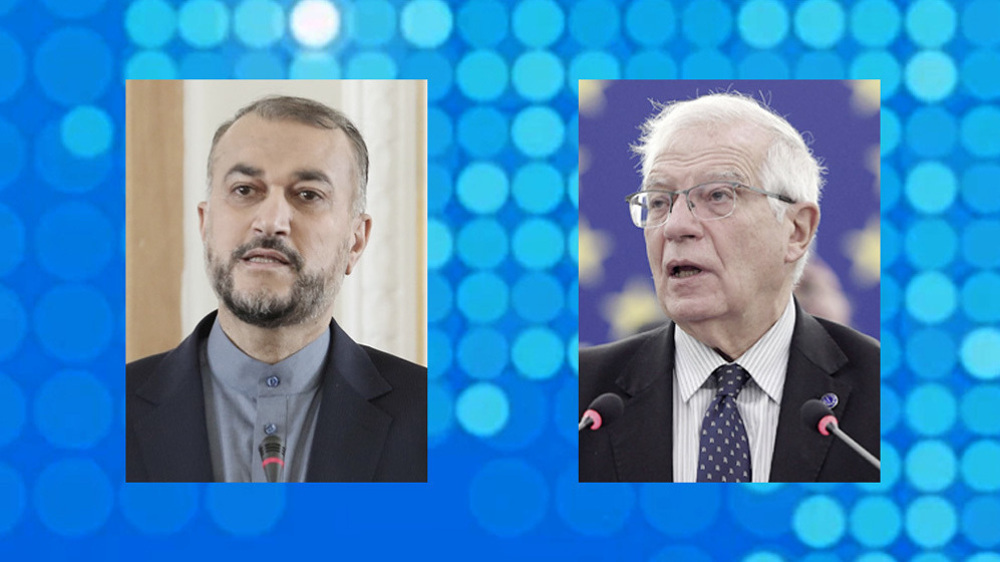
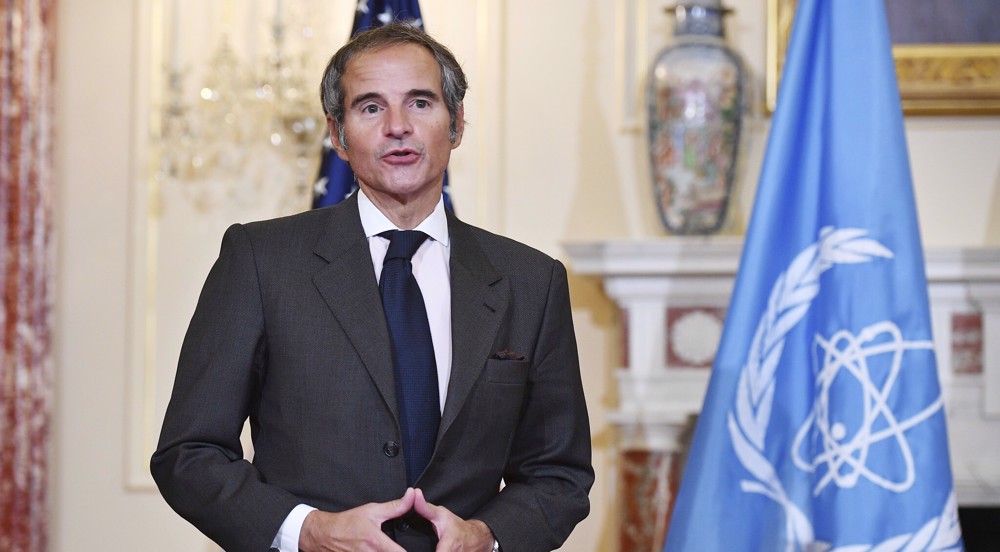
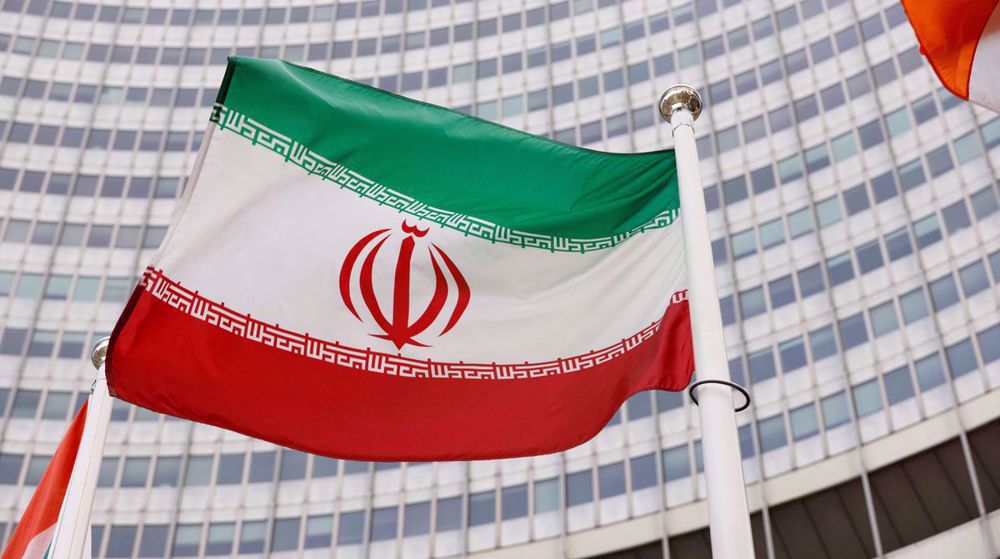
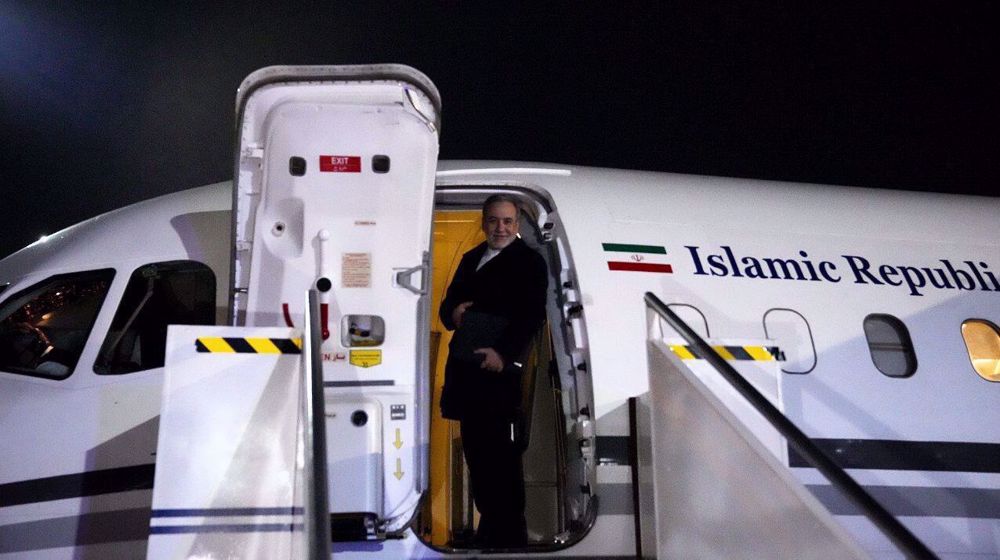
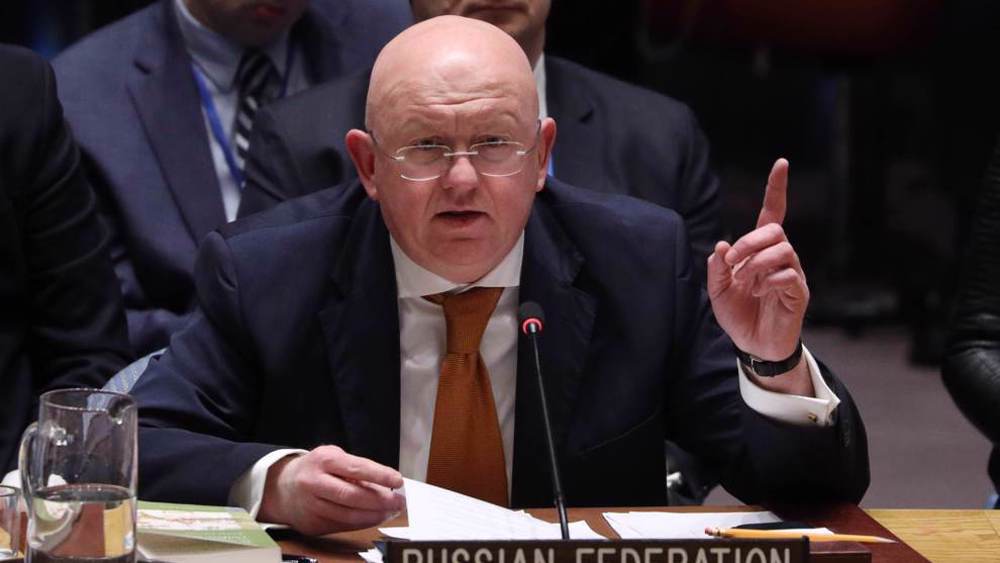
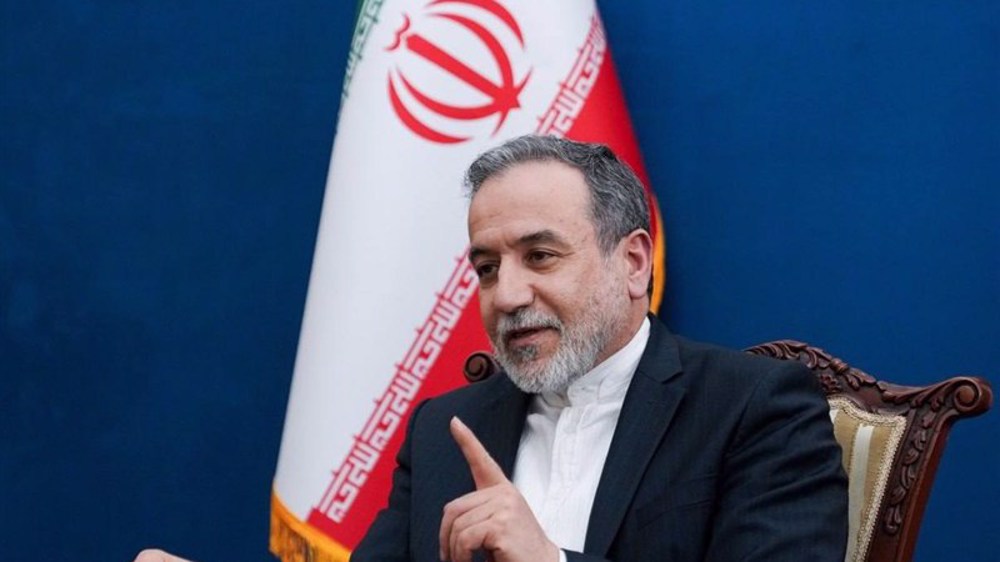



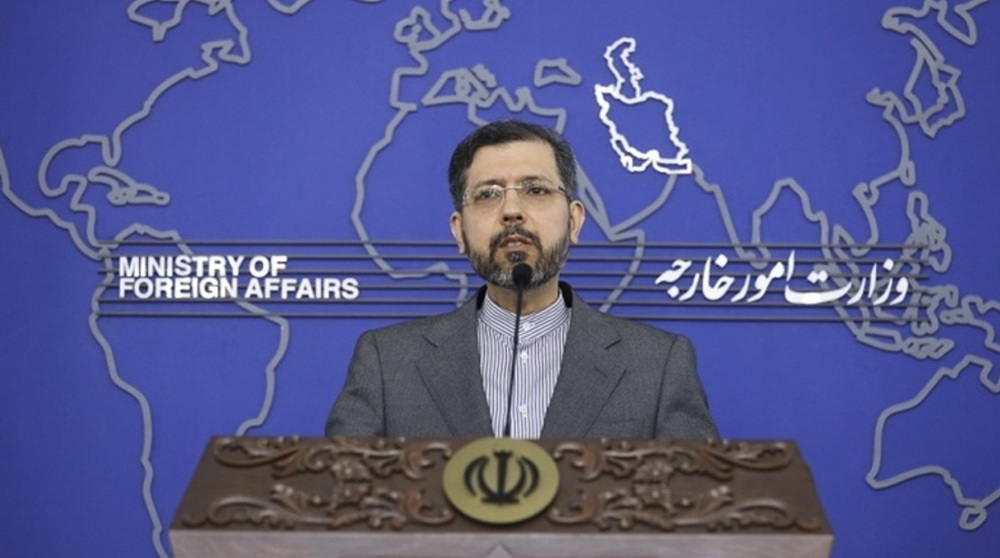
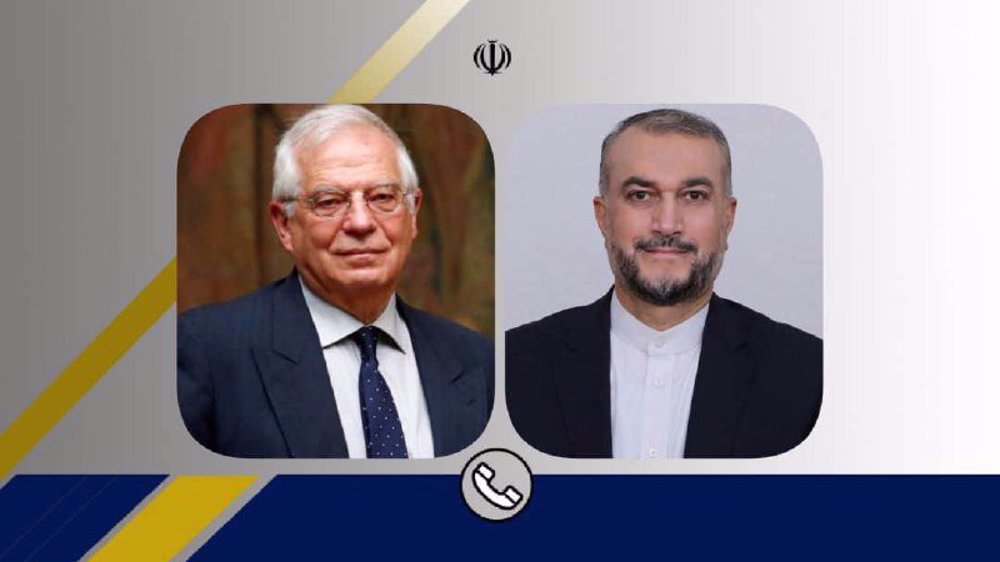
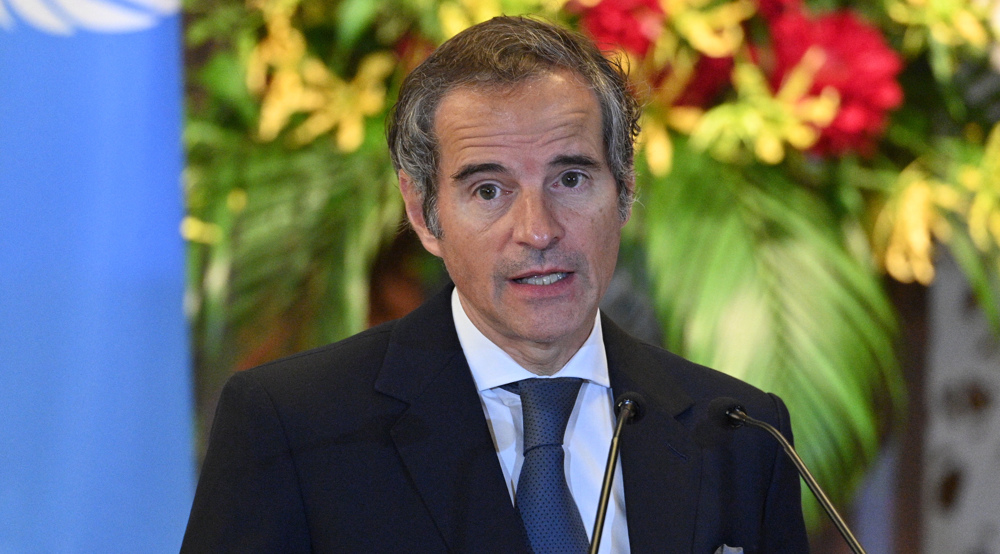
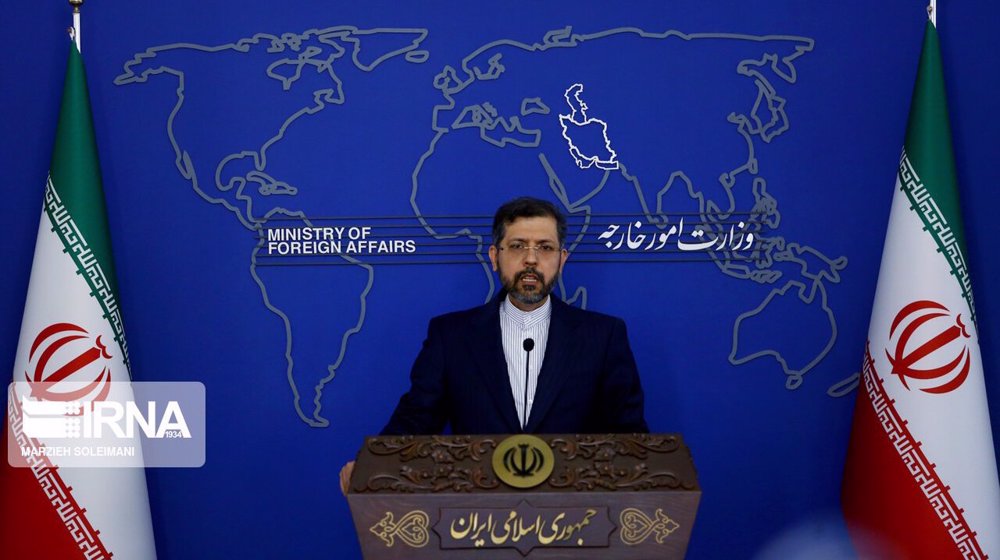

 This makes it easy to access the Press TV website
This makes it easy to access the Press TV website